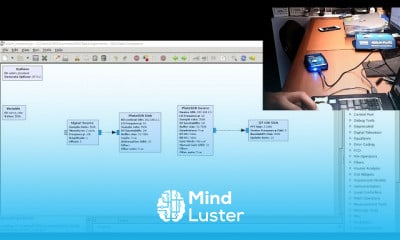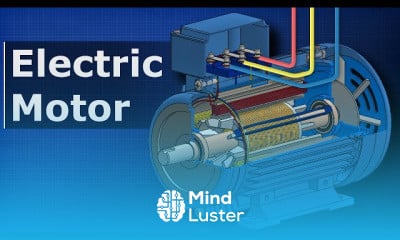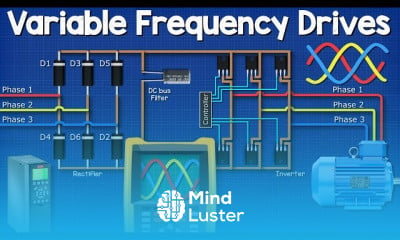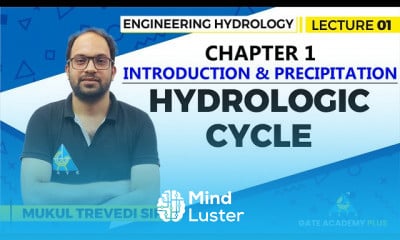Variable Frequency Drives Explained VFD Basics IGBT inverter
Share your inquiries now with community members
Click Here
Sign up Now
Lessons List | 7
Lesson
Comments
Related Courses in Engineering
Course Description
Energy engineering or Energy Systems Engineering is a broad field of engineering dealing with energy efficiency, energy services, facility management, plant engineering, environmental compliance, sustainable energy and renewable energy technologies. Energy engineering is one of the more recent engineering disciplines to emerge. Energy engineering combines knowledge from the fields of physics, math, and chemistry with economic and environmental engineering practices. Energy engineers apply their skills to increase efficiency and further develop renewable sources of energy. The main job of energy engineers is to find the most efficient and sustainable ways to operate buildings and manufacturing processes. Energy engineers audit the use of energy in those processes and suggest ways to improve the systems. This means suggesting advanced lighting, better insulation, more efficient heating and cooling properties of buildings. Although an energy engineer is concerned about obtaining and using energy in the most environmentally friendly ways, their field is not limited to strictly renewable energy like hydro, solar, biomass, or geothermal. Energy engineers are also employed by the fields of oil and natural gas extraction.
Trends
Graphic design tools for beginners
ChatGPT for designers
Figma for UX UI design
UX UI design career
AI tools for UX UI design
Build a profitable trading
Advanced Logo design methods
Human Resources Management
French possessive pronouns
E Commerce web design
Compiler Design Principles
C Programming Language
Python for Beginners 2022
French
Real Estate Investors
Ubuntu linux
B2B Growth marketing fundamentals
Python programming language
Best CRM software For small business
Daily conversational English
Recent
Figma for UX UI design
UX UI design career
AI tools for UX UI design
Webflow for beginners
Graphic design tools for beginners
Customizing type for logos
E Commerce web design
Make Scrollable Prototypes in figma
Advanced Logo design methods
ChatGPT for designers
Essential skills for web designers
Framer basics for beginners
Figma components and variants
macOS app development basics
Testing in iOS fundamentals
Figma fast design techniques
Build a tic tac Toe app in Xcode
Xcode UI design for beginners
Mobile app development
Making money with apps


















